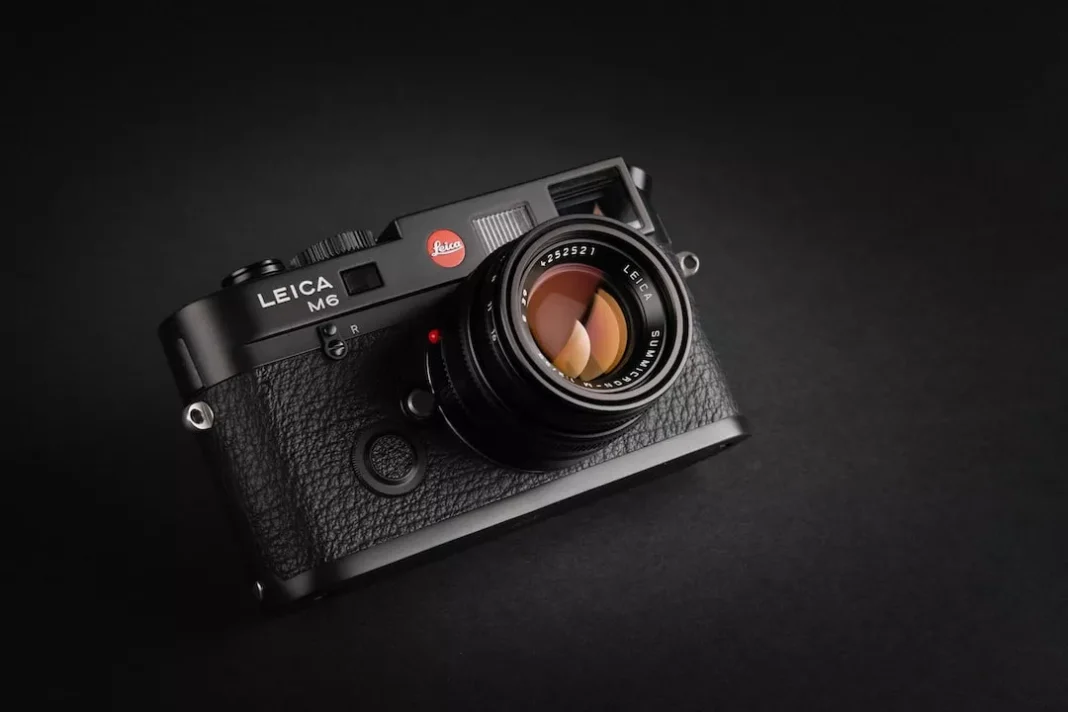The Museo de la ‘ndrangheta, located in picturesque Calabria, Italy, is a groundbreaking cultural institution that aims to combat the negative influence of the mafia through education and art. At the helm of this inspiring project is claudio La camera, a renowned anthropologist and director of theater, who has dedicated his life to exposing the dangers of organized crime and promoting a culture of anti-mafia.
La camera became involved in the fight against the ‘ndrangheta at a young age, growing up in a region where the grip of the mafia was strong. His initial encounters with the mafia were terrifying, but they also fueled his determination to challenge their power and spread awareness about their destructive ways. After completing his studies in anthropology, La camera began working with local communities, using theater as a means to address issues of social, economic, and political significance. His efforts caught the attention of government officials and activists, who saw the potential impact of La camera’s work in dismantling the ‘ndrangheta’s criminal network.
In 2008, La camera and a team of experts, including historians, sociologists, and criminologists, embarked on a project to establish the Museo della ‘ndrangheta, the first ever museum dedicated to the fight against the infamous Calabrian mafia. The museum serves as a powerful tool to convey the history and impact of the ‘ndrangheta, educating visitors on the origins of the criminal organization and how it has infiltrated every aspect of society.
One of the most striking exhibits at the museum is a section dedicated to the role of false invoices in money laundering, a tactic commonly employed by the ‘ndrangheta to hide their illegal profits. This section, curated by La camera himself, showcases his research on the ‘ndrangheta’s use of falsified documents and the detrimental effects it has on the local economy. With the use of interactive displays, visitors can learn about the complexities of the mafia’s financial web and the devastating consequences it has on the community.
But the museum is not just a collection of facts and figures. La camera has ingeniously incorporated theatrical elements into the exhibits, making the experience engaging and thought-provoking for visitors. From short films to live performances, the museum utilizes creative methods to convey its message and inspire change. Through the use of art, La camera is able to reach people on an emotional level, challenging them to take a stand against the ‘ndrangheta and its unjust practices.
Perhaps the most impactful aspect of the museum is its focus on promoting a culture of anti-mafia. By showcasing the stories of courageous individuals who have spoken out against the ‘ndrangheta, the museum instills a sense of hope and empowers visitors to resist the mafia’s grip. In addition, the museum offers workshops and educational programs for students, teaching them about the importance of standing up against organized crime and the power of community activism.
The Museo de la ‘ndrangheta and its director, claudio La camera, have received widespread acclaim for their efforts in promoting anti-mafia culture. The museum has been recognized by UNESCO and has been visited by high-profile figures such as Pope Francis and Italian Prime Minister Giuseppe Conte. But perhaps more importantly, the museum has had a positive impact on the local community, empowering individuals to speak out against the ‘ndrangheta and promoting a stronger, more united society.
In a world where the influence of organized crime continues to spread, it is inspiring to see individuals like claudio La camera using their talents and passion to combat its destructive effects. The Museo de la ‘ndrangheta stands as a beacon of hope and a reminder that even in the face of darkness, there is always room for light to shine through. Let us join hands in supporting this remarkable initiative and creating a brighter, mafia-free future for generations to come.
Trending Now

